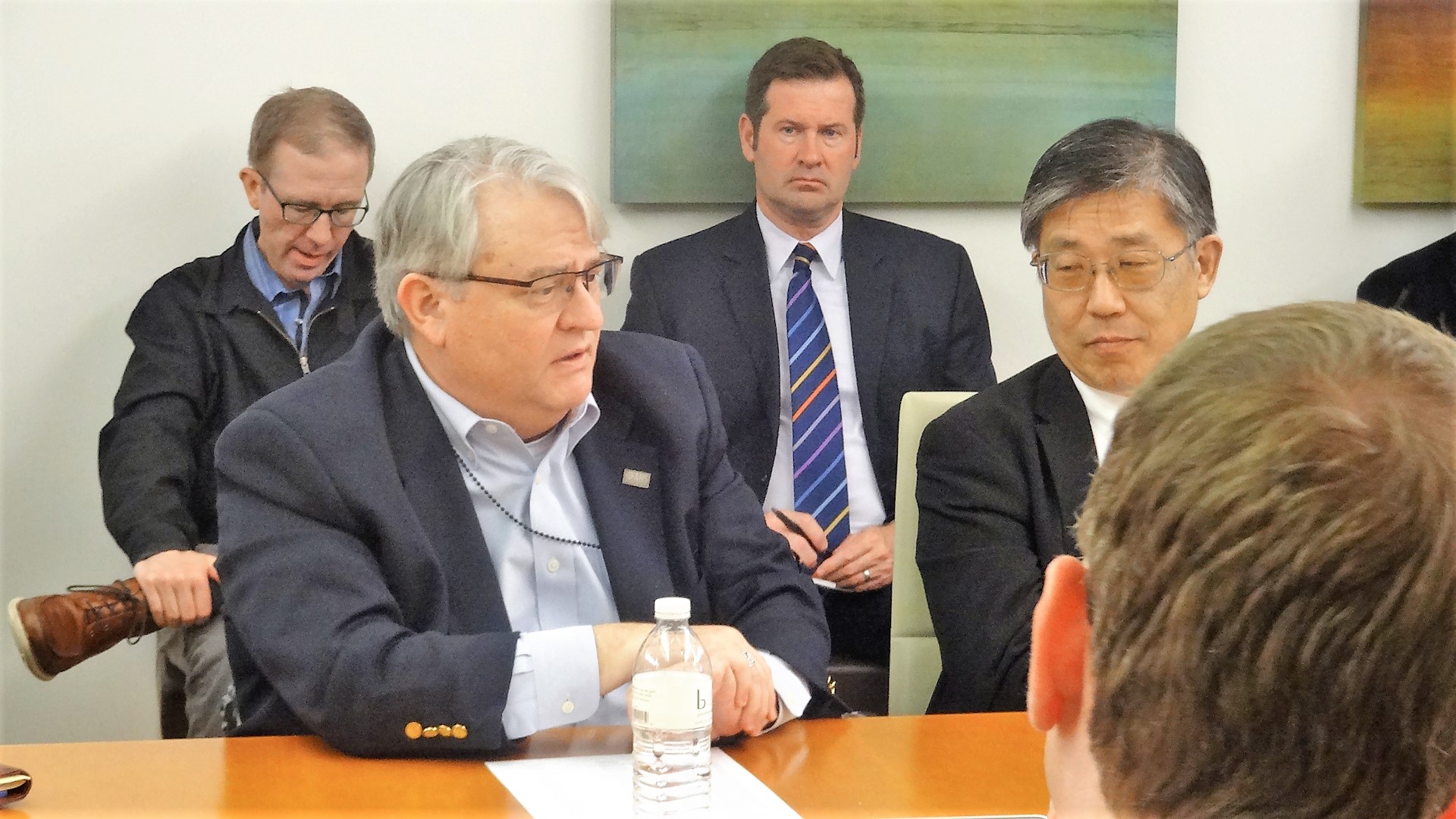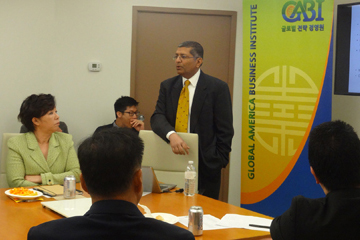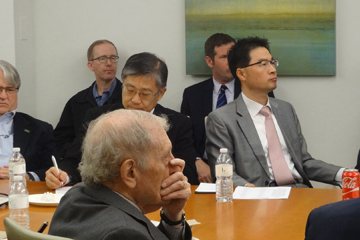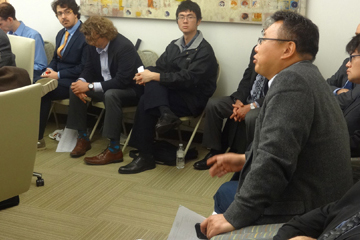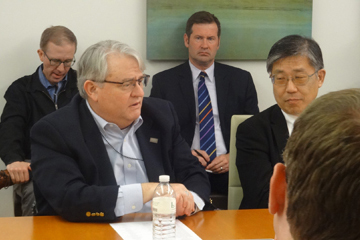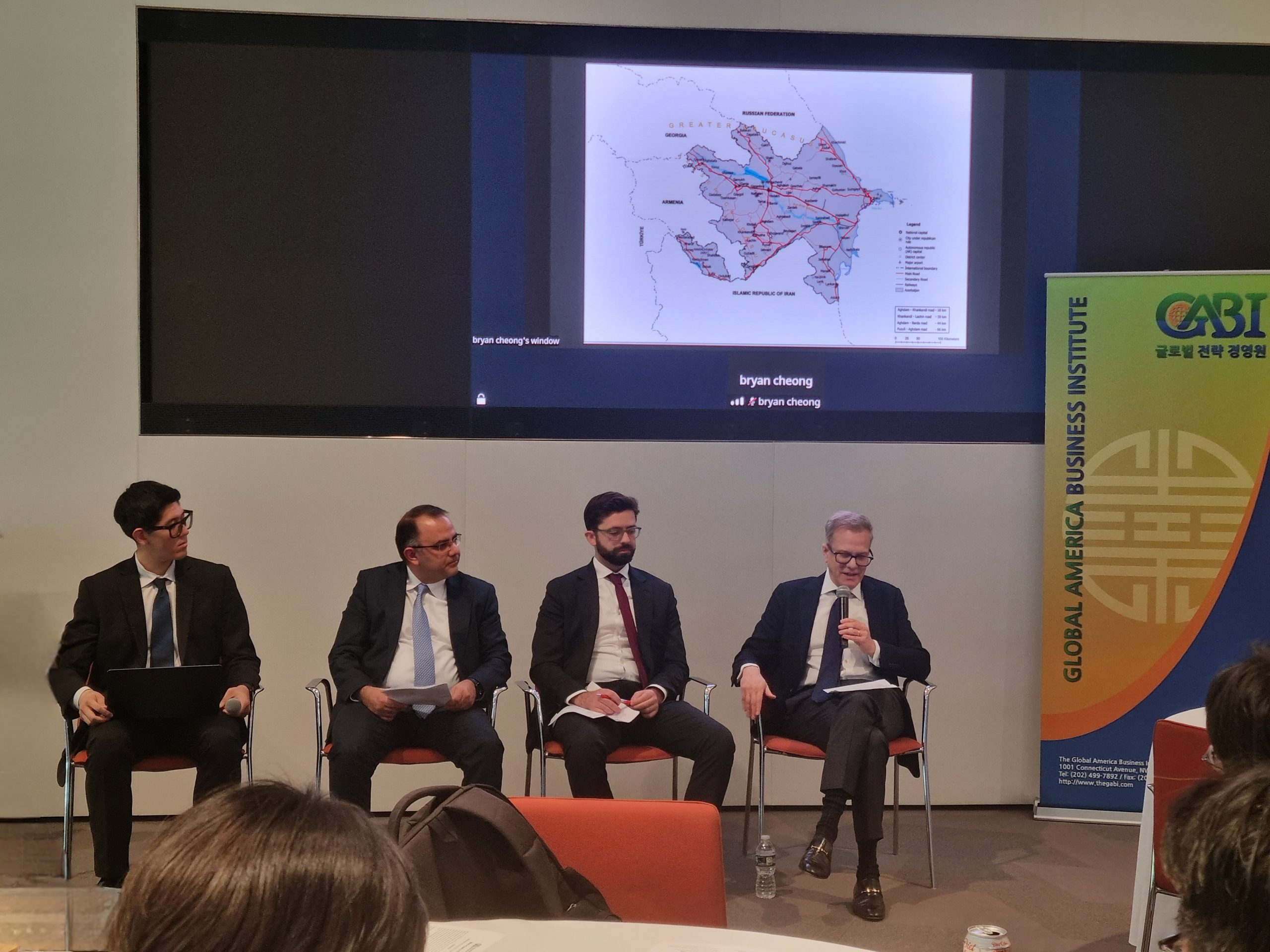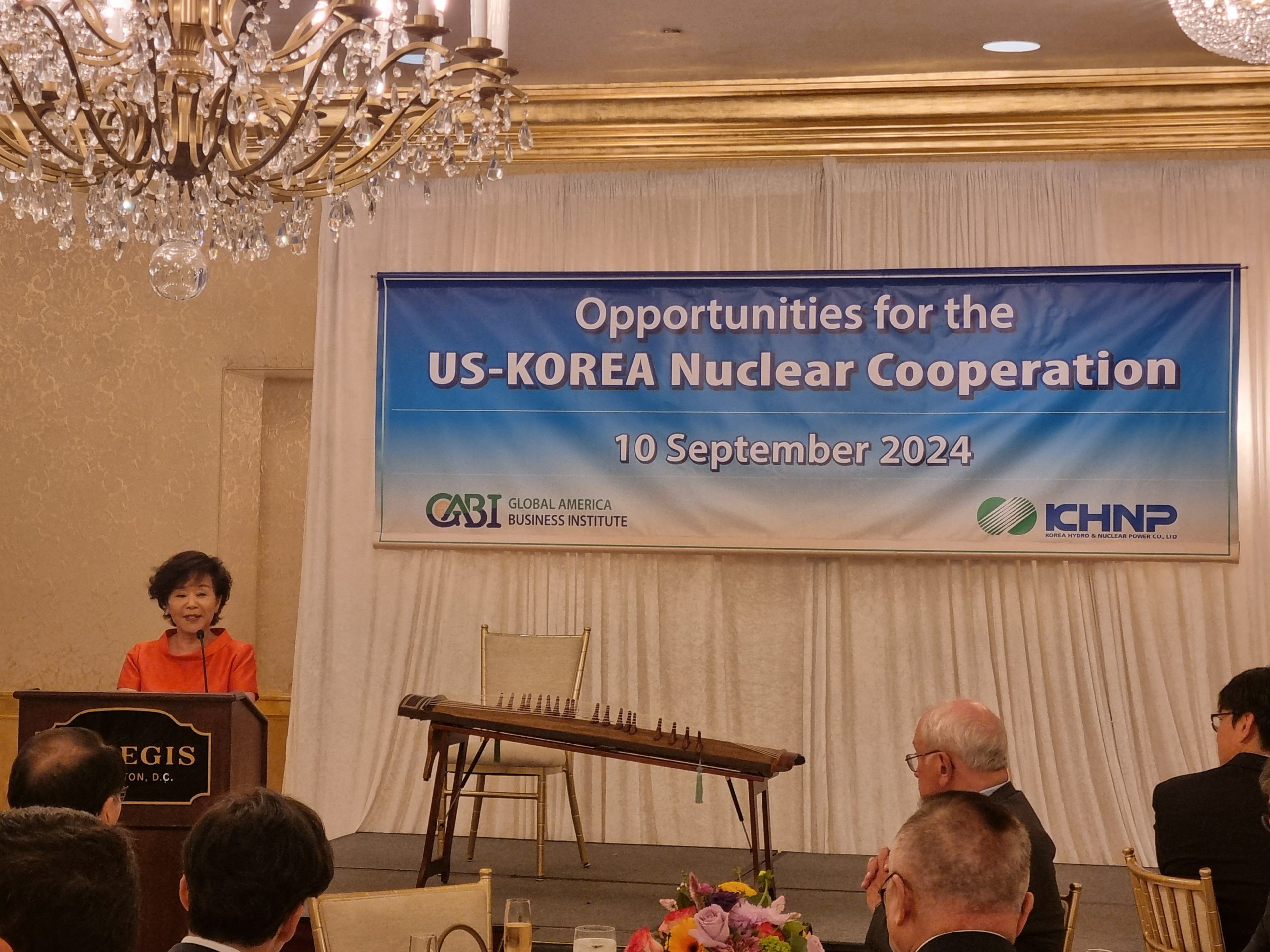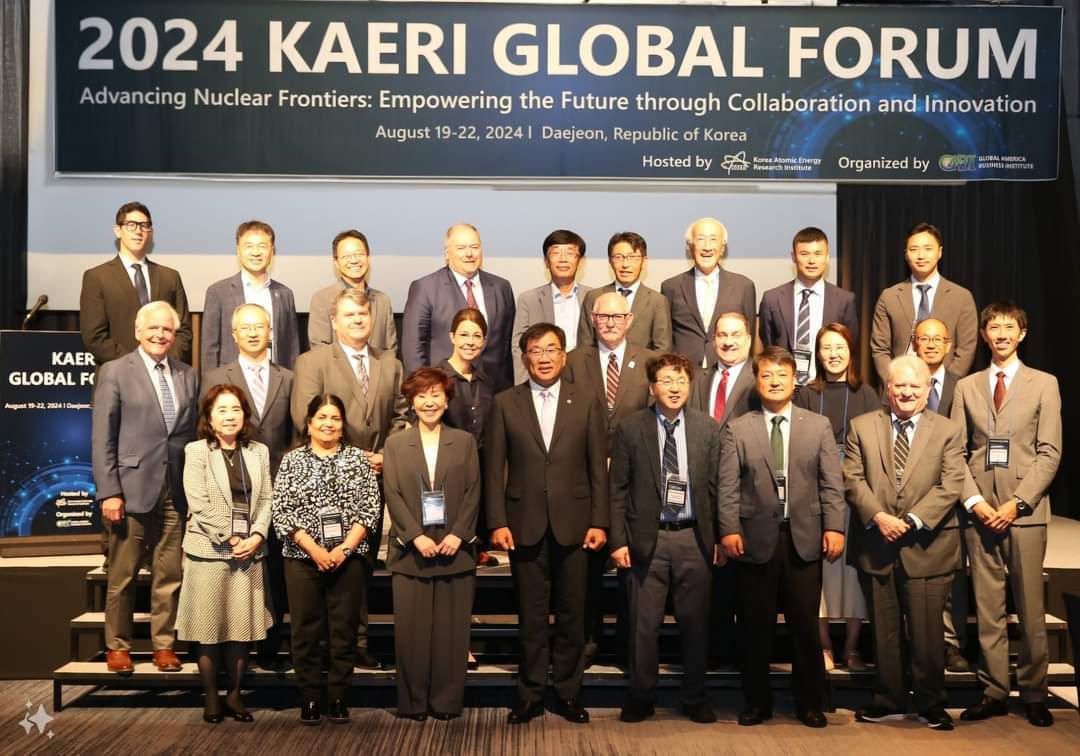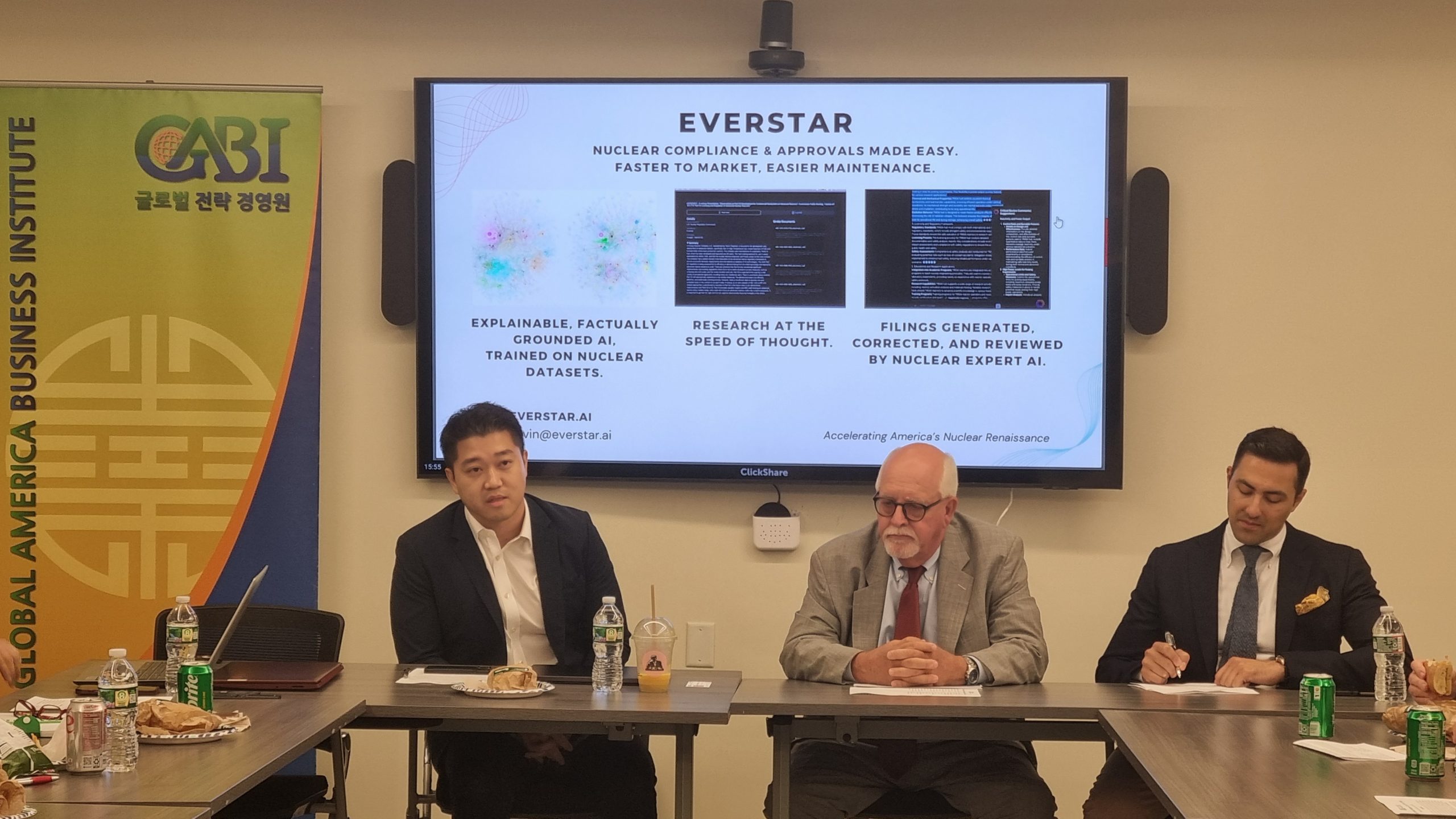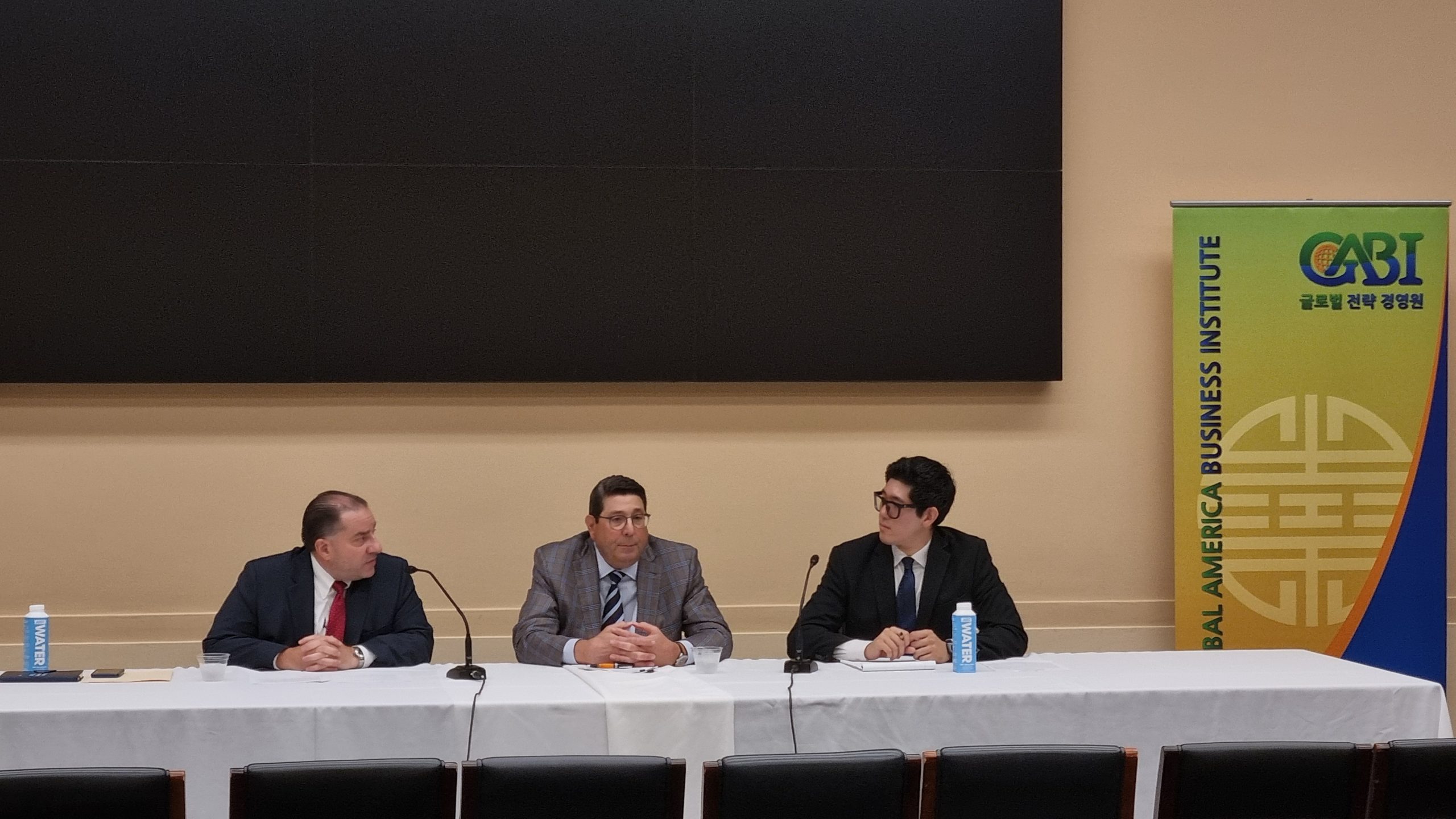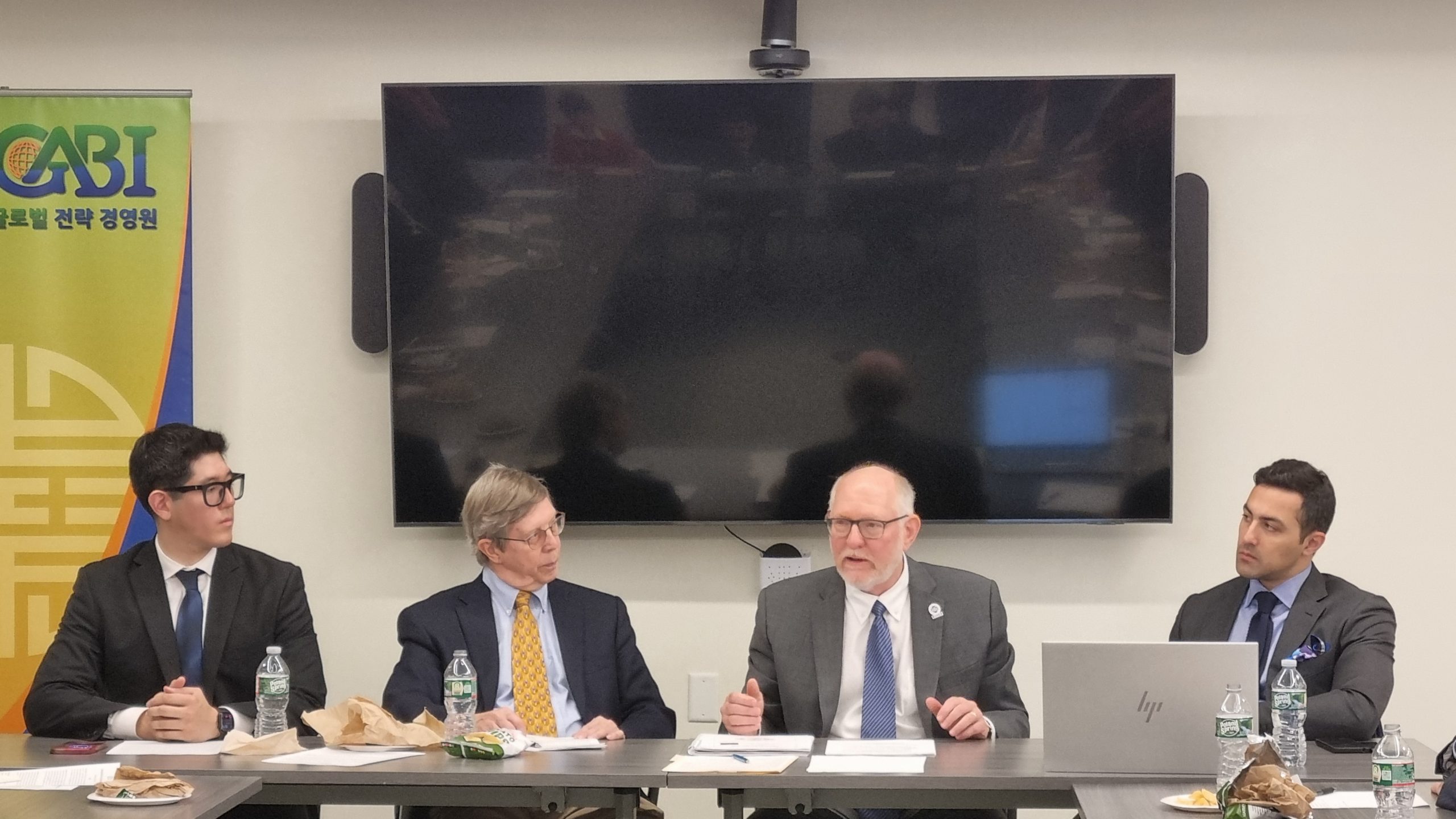Although much of the current attention on small modular reactors (SMRs) in the U.S. is focused on light water reactor (LWR) technologies, non-light water based SMR designs are currently being developed that may improve upon the inherent deployability, operability, and passive safety characteristics of LWR SMRs. Moreover, non-light water SMRs may have the added benefits of non-electricity applications and enhanced manageability of waste streams. Many types of non-light water SMRs are presently in development, including heavy water, liquid metal, high temperature gas, and molten salt designs. Despite the potential advantages of many of these reactor concepts, the U.S. NRC is largely unfamiliar with technologies outside of LWRs, and its definition of SMRs is strictly limited to light water-based designs. Furthermore, facilitating the licensing of non-light water SMR concepts will likely require revision of the NRC’s prescriptive and deterministic methodology to a more performance-based regulatory approach. In addition to regulatory issues, a number of technical hurdles (materials development, fuels testing, etc.) remain, and the challenge of raising capital for a FOAK (first of a kind) unit cannot be overlooked.
Potential and Challenges for Small Modular Non-Light Water Reactors
By admin|2018-01-30T19:55:55-05:00May 4th, 2016|Categories: Nuclear Energy, Nuclear Energy Workshops|0 Comments

